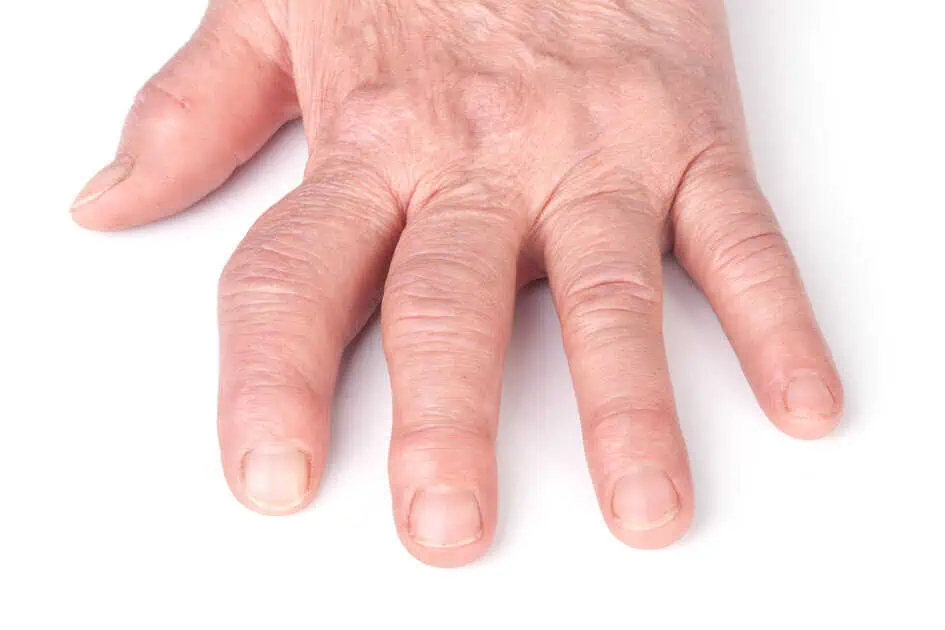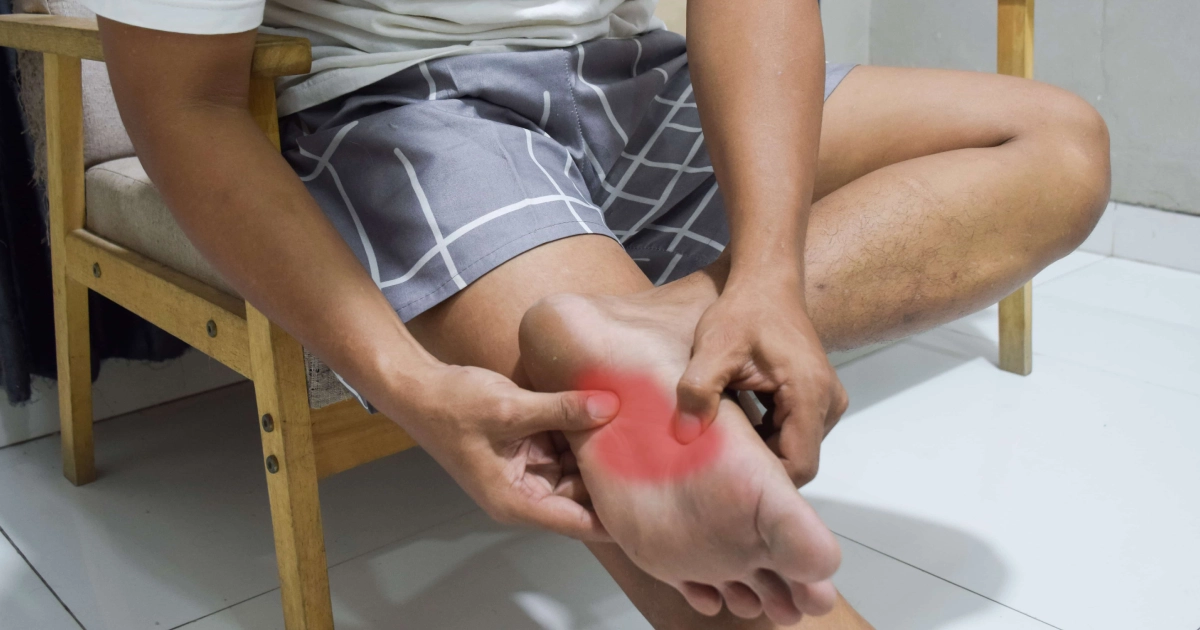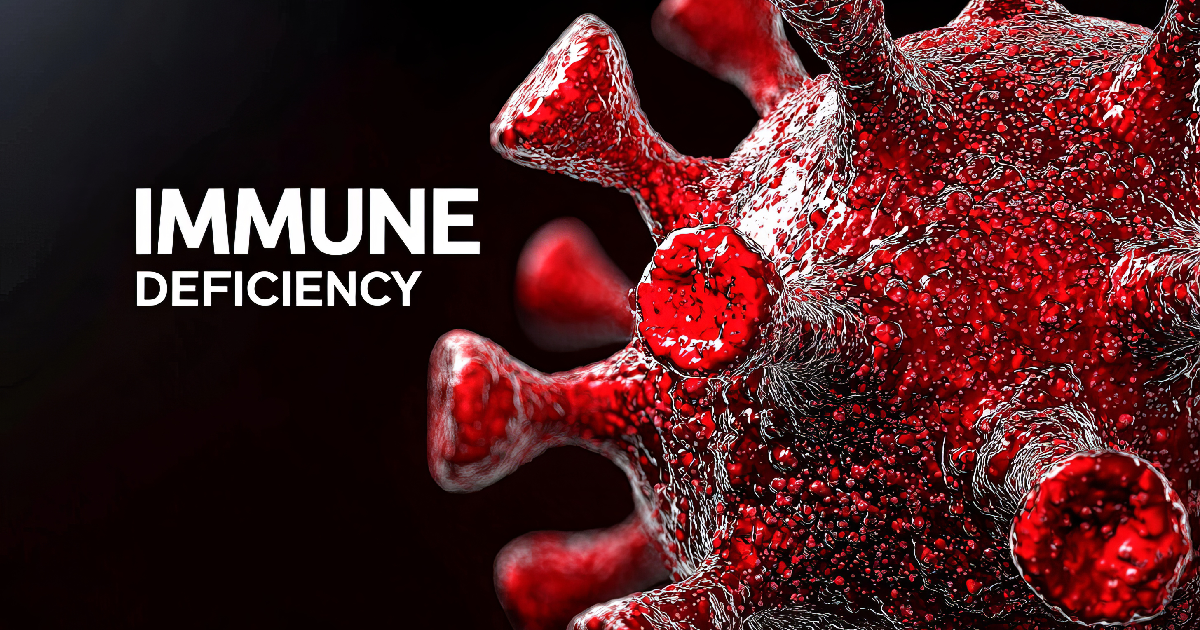
Table of Contents
Polyarteritis in Modesto, CA, a rare yet severe autoimmune vasculitis, can have life-altering impacts if left untreated. Inflammation of small- and medium-sized arteries can damage vital organs like the kidneys, heart, & digestive system. Understanding the available polyarteritis treatment options is essential for effectively managing symptoms & improving quality of life.
At Omega Health Clinics in Modesto, CA, we offer holistic care tailored to each patient’s unique needs. We will help you regain control of your health by guiding you through the best treatment strategies.
What is Polyarteritis Nodosa (PAN)?
Polyarteritis Nodosa is a rare yet serious autoimmune disease marked by inflammation of small and medium-sized arteries, which can lead to organ damage. This condition affects multiple body systems, including the kidneys, heart, liver, and gastrointestinal tract, by causing arteries to weaken, swell, or become blocked.
Reduced blood flow to organs can result in tissue damage, organ failure, and life-threatening complications. Common symptoms include fever, fatigue, muscle and joint pain, and unexplained weight loss. Diagnosis often requires blood tests, imaging studies, and sometimes a biopsy to detect artery inflammation.
Common Symptoms of Polyarteritis
Symptoms depend on what arteries are affected, but common signs include:
- Fatigue and weakness
- Fever and unexplained weight loss
- Muscle and joint pain
- Skin rashes or ulcers
- Abdominal pain and digestive issues
- High blood pressure
- Nerve damage or numbness in limbs
Because the symptoms can mimic other conditions, it is vital to seek professional medical advice at the first sign of illness.
Treatment Options for Polyarteritis
Managing polyarteritis requires a multidisciplinary approach that combines medication, lifestyle changes, and regular monitoring. Let’s explore the polyarteritis therapy options that can help reduce inflammation, control symptoms, and prevent complications.
1. Treatment for Autoimmune Vasculitis
Immunosuppressive drugs are often the first line of defense in treating autoimmune vasculitis. These medications help reduce inflammation by suppressing an overactive immune response.
- Corticosteroids: Prednisone and other corticosteroids are commonly prescribed to reduce inflammation and provide rapid symptom relief. Long-term use, however, may lead to side effects such as weight gain, osteoporosis, and increased infection risk.
- Immunomodulators: Methotrexate, azathioprine, and cyclophosphamide may be combined with corticosteroids to enhance treatment and reduce steroid dependence. These drugs are capable of being highly effective in controlling the disease.
- Biologic Agents: Biologic agents such as rituximab or infliximab may be recommended for patients with severe or refractory cases. These targeted therapies work by blocking specific immune system pathways to reduce inflammation.
2. Plasma Exchange (Plasmapheresis)
Plasma exchange is a specialized procedure that removes antibodies and inflammatory substances from the blood. It is beneficial for patients with severe or life-threatening polyarteritis.
3. Antiviral Therapy
In some cases, polyarteritis may be linked to underlying infections such as hepatitis B or hepatitis C. Treating the disease can reduce inflammation and improve outcomes. Antiviral medications are crucial in these situations.
Managing Polyarteritis Symptoms
Effective polyarteritis management strategies extend beyond medication. Lifestyle changes and ongoing care are equally essential for improving quality of life.
1. Regular Monitoring and Follow-Up
Because polyarteritis can affect multiple organs, regular follow-up appointments with specialists are critical. Blood tests, imaging studies, and physical examinations help monitor disease development & adjust treatment plans as needed.
2. Diet and Nutrition
A healthy diet bolsters the immune system & reduces inflammation. Omega-3 fatty acids, antioxidants, and anti-inflammatory foods such as fruits, vegetables, & whole grains can benefit patients with autoimmune conditions. Limiting processed foods, sugar, and unhealthy fats may help control symptoms.
3. Stress Management and Mental Health Support
Chronic illness can damage mental health. Stress-reducing activities such as meditation, yoga, and counseling can improve emotional well-being and overall health. Omega Health Clinics offers integrated care that addresses physical and mental health needs.
Advanced Therapies for Polyarteritis at Omega Health Clinics
At Omega Health Clinics, we take a personalized approach to treating polyarteritis. Our specialists work together to develop a comprehensive plan tailored to your unique needs. We focus on evidence-based treatments while offering advanced options for optimal results.
Our Comprehensive Care Approach
- Multispecialty Collaboration: Ensuring every aspect of your health is monitored by experts in rheumatology, nephrology, cardiology, and more.
- Holistic Management Plans: Combining medical therapy with lifestyle modifications for long-term success.
- Patient-Centered Care: We prioritize your comfort & well-being, ensuring you stay informed and empowered throughout your treatment.
Whether you’re newly diagnosed or seeking better symptom control, our experienced team is here to help.
Why Early Intervention Matters in Polyarteritis
Early intervention is vital to preventing complications in polyarteritis. If left untreated, this condition can lead to severe damage to major organs, chronic pain, and reduced quality of life. By seeking medical care early, you can significantly improve your prognosis.
Polyarteritis in Modesto, CA: Expert Care at Omega Health Clinics
If you’re looking for expert care for polyarteritis in Modesto, CA, Omega Health Clinics is here to help. With a team of dedicated specialists, we offer cutting-edge therapies and personalized care to ensure you get the treatment you need. We aim to help you manage symptoms, reduce flare-ups, and improve your quality of life.
FAQ
1. How is Polyarteritis Nodosa diagnosed?
Diagnosing Polyarteritis Nodosa involves a combination of clinical evaluation, laboratory tests, imaging studies, and sometimes tissue biopsy. Blood tests typically show elevated markers of inflammation, such as C-reactive protein (CRP) and erythrocyte sedimentation rate (ESR).
Testing kidney and liver function can also help assess organ involvement. Imaging studies like angiography reveal artery abnormalities such as aneurysms, narrowing, or blockages. A biopsy of affected tissue provides a definitive diagnosis by identifying inflamed blood vessels under a microscope. Early diagnosis is key to preventing serious complications.
2. Is Polyarteritis Nodosa a chronic condition, and how is it managed long-term?
Yes, Polyarteritis Nodosa is a chronic condition often requiring long-term management. Treatment typically involves corticosteroids and immunosuppressive medications to reduce inflammation and control the immune response. Some patients may experience remission, while others have recurring flare-ups.
Long-term management includes regular monitoring, blood tests, imaging studies, and medication adjustments. With appropriate treatment, many patients lead fulfilling lives, but ongoing care is crucial to prevent relapses.
3. What is the prognosis for Polyarteritis Nodosa?
The outlook for Polyarteritis Nodosa varies depending on the extent of the disease, the organs affected, and how early treatment begins. Many patients achieve remission and lead everyday lives with prompt and appropriate therapy.
For those with severe or advanced disease, regular monitoring and aggressive treatment are essential to manage symptoms and prevent complications. Lifelong follow-up care helps improve the long-term prognosis and ensures early detection of relapses.
Conclusion
Polyarteritis is a complex condition that requires a comprehensive, patient-centered approach to treatment and management. By combining medication, advanced therapies, and lifestyle changes, you can take control of your health and reduce the risk of complications. Contact Omega Health Clinics today. We are committed to helping you every step of the way. Our experienced team is ready to provide the support and care you need.
Takeaway
Omega Health Clinics provides expert care and personalized solutions for managing polyarteritis and other vascular health concerns. Our experienced team takes a patient-centered approach, combining advanced treatments with compassionate support to help you regain control of your health. Take the first step toward better vascular health today. Book an Appointment to Discuss Your Vascular Health.





